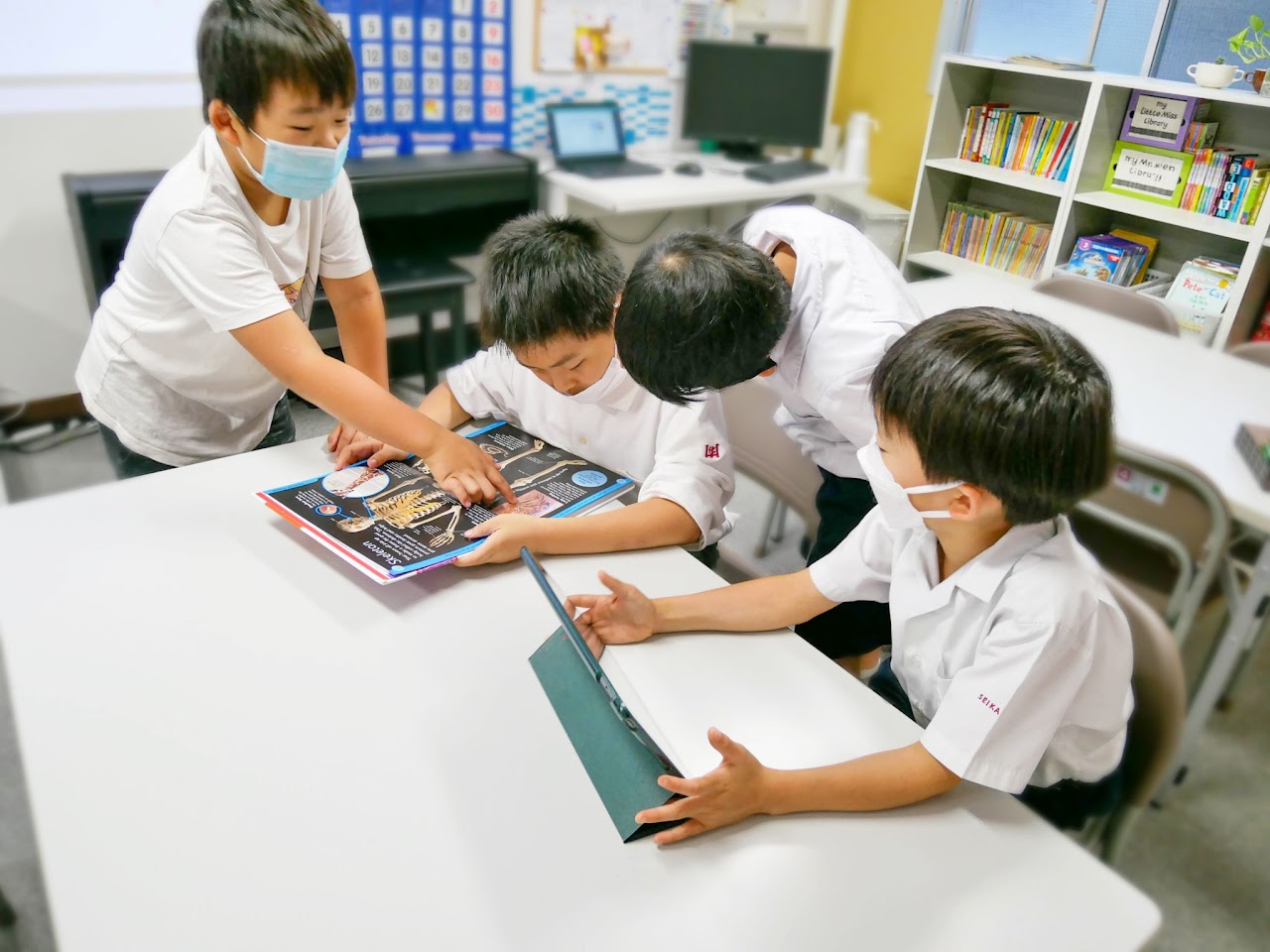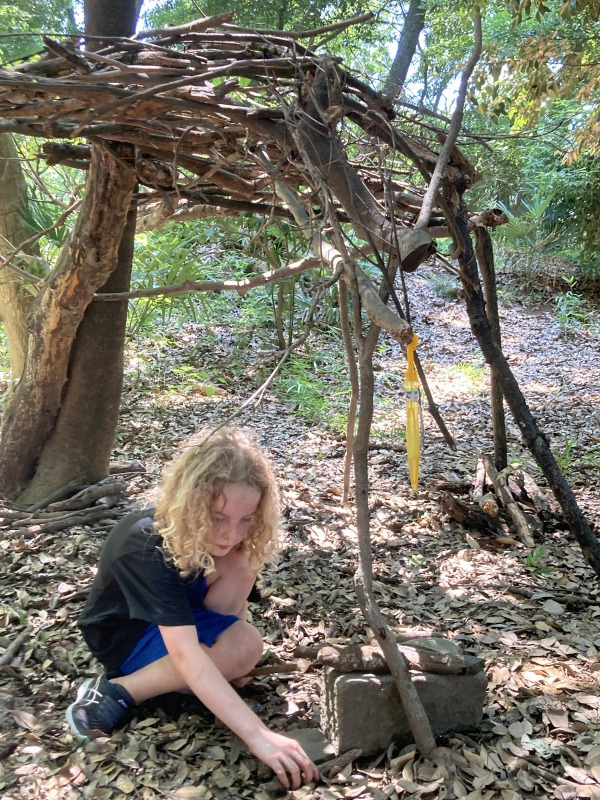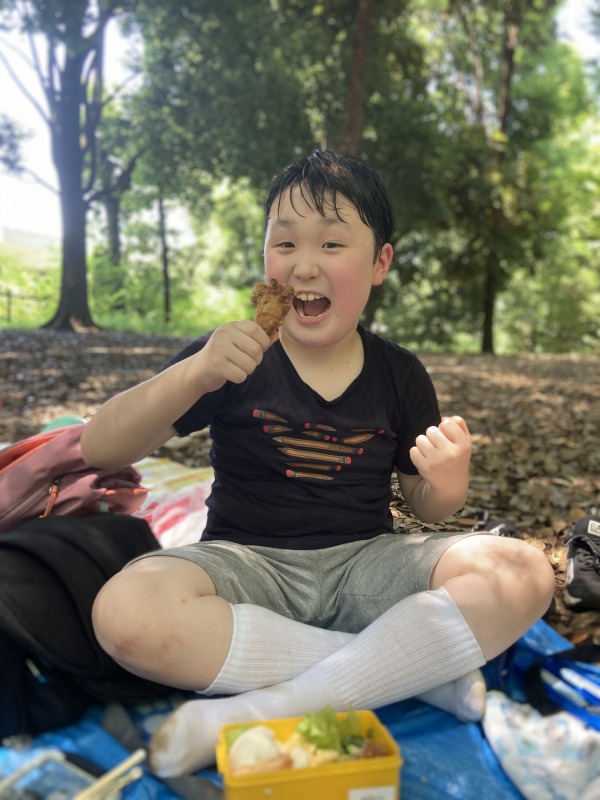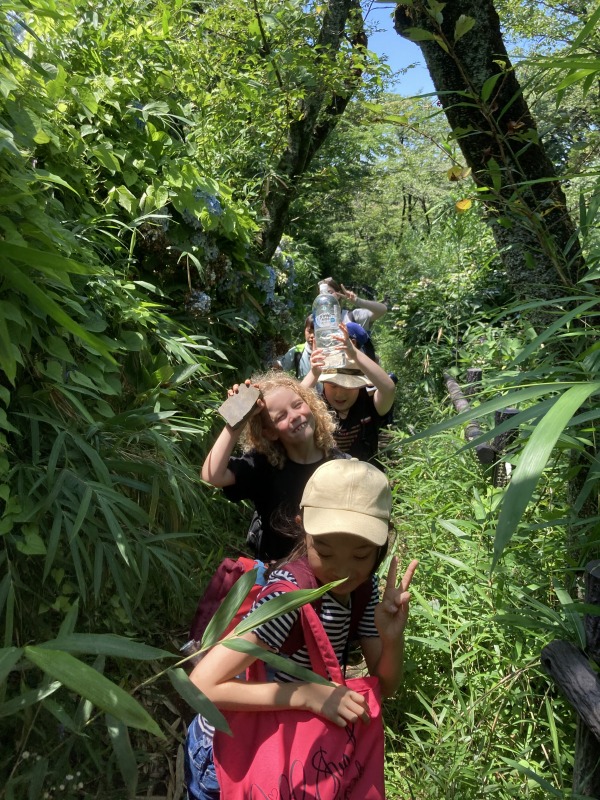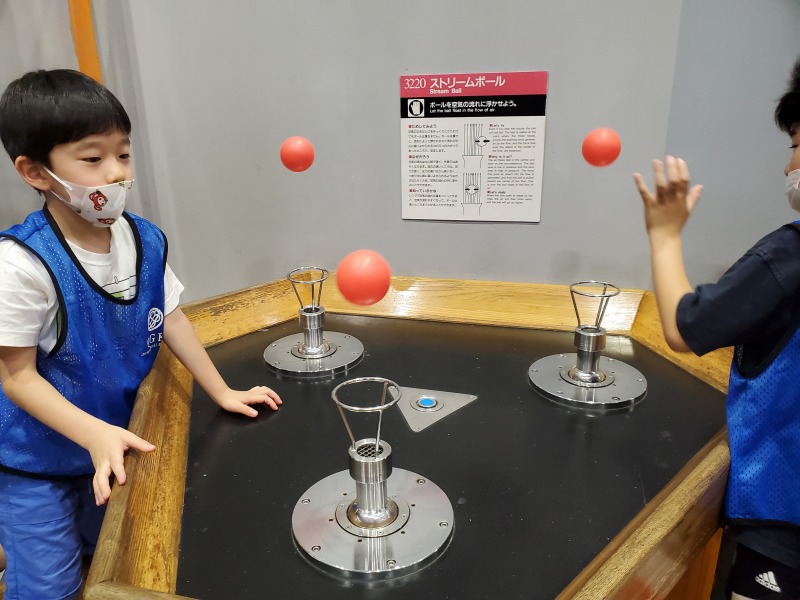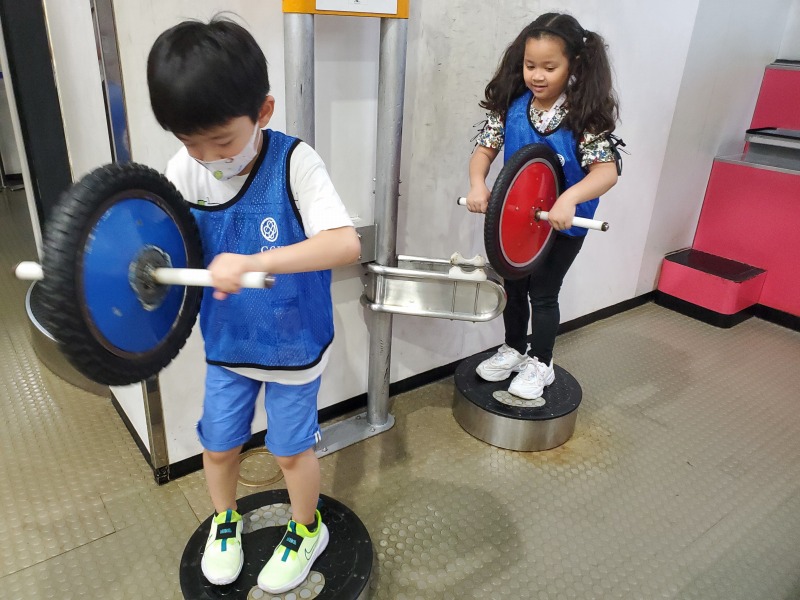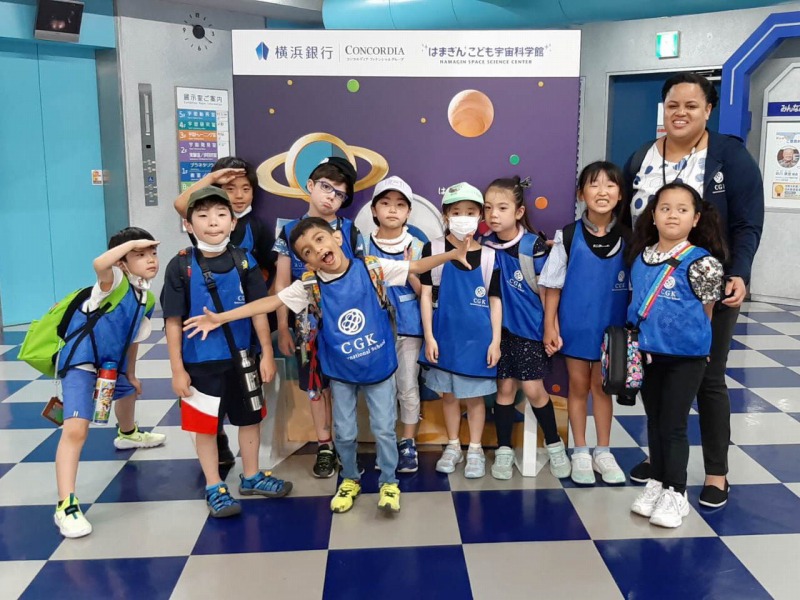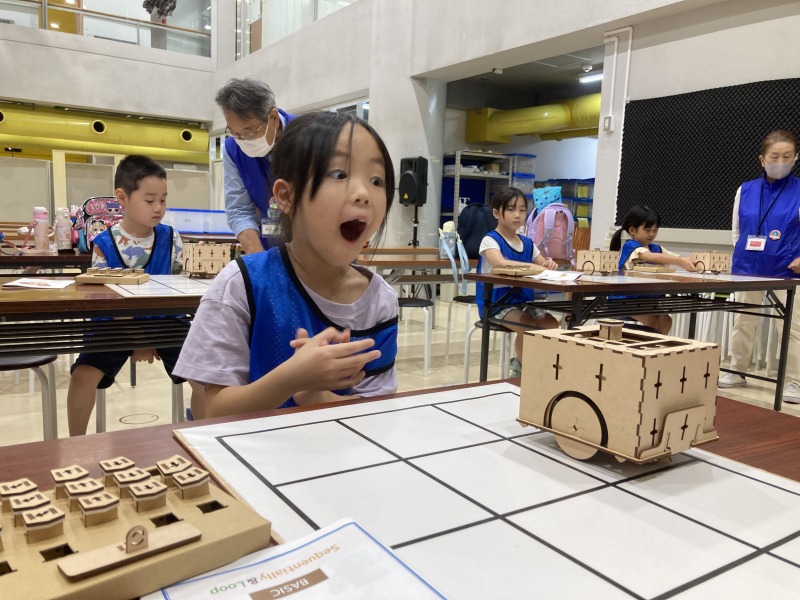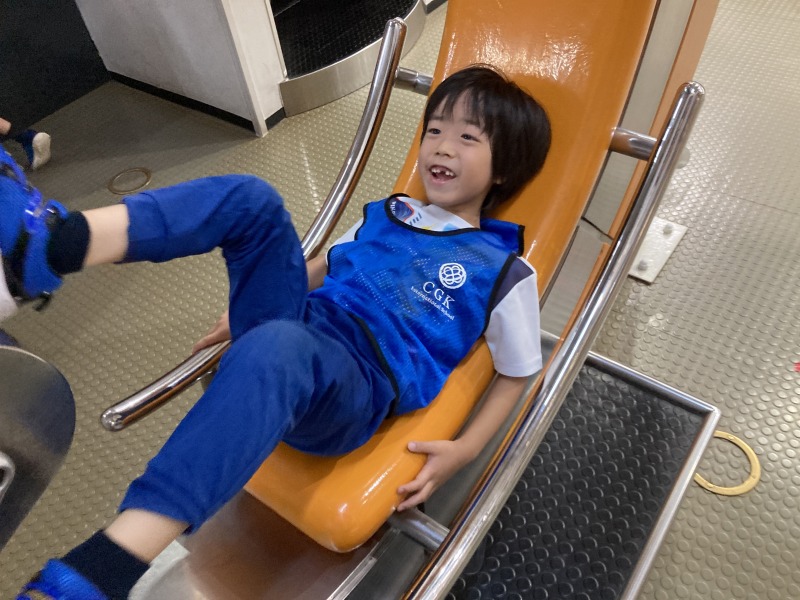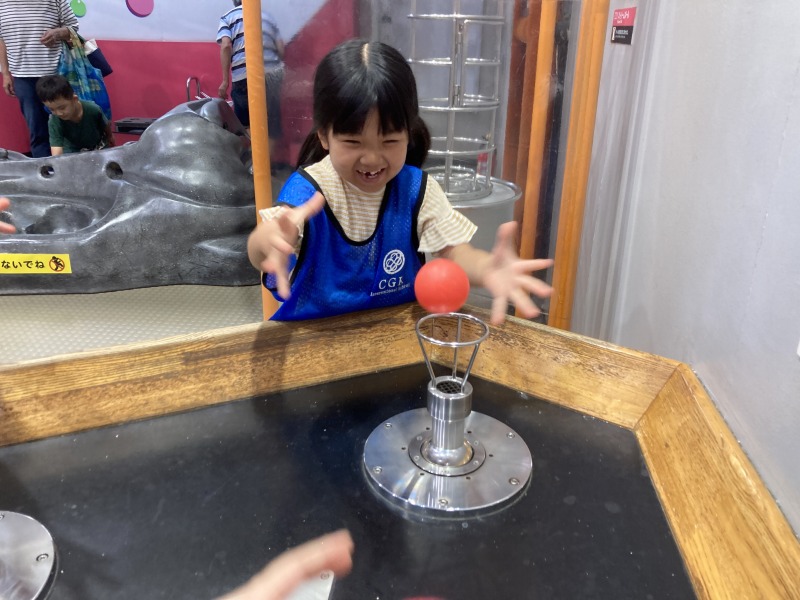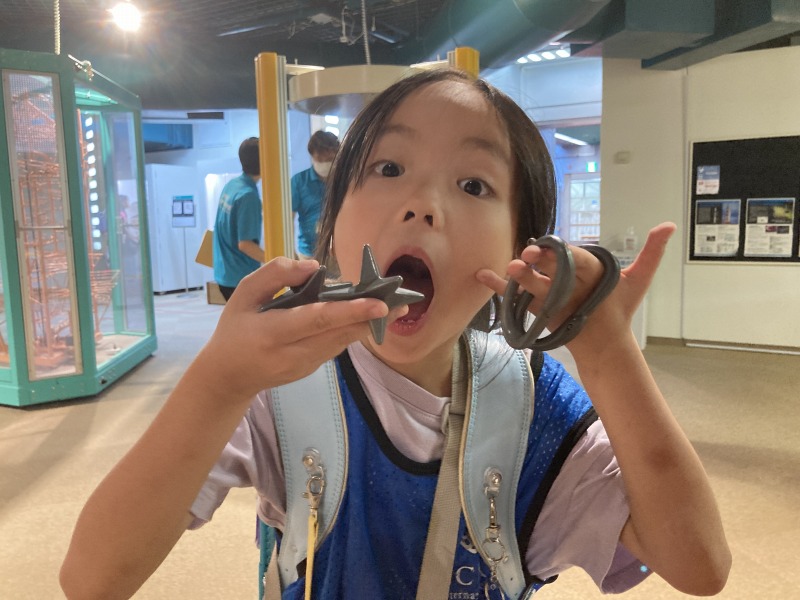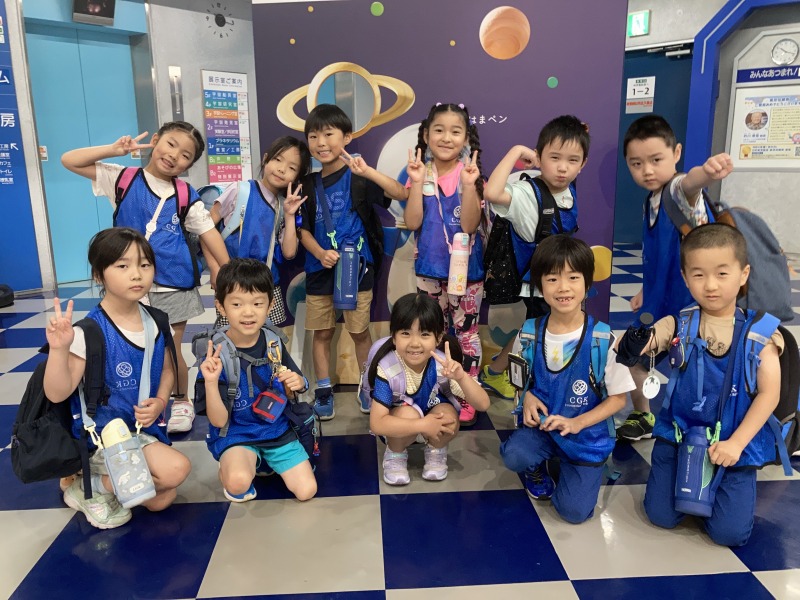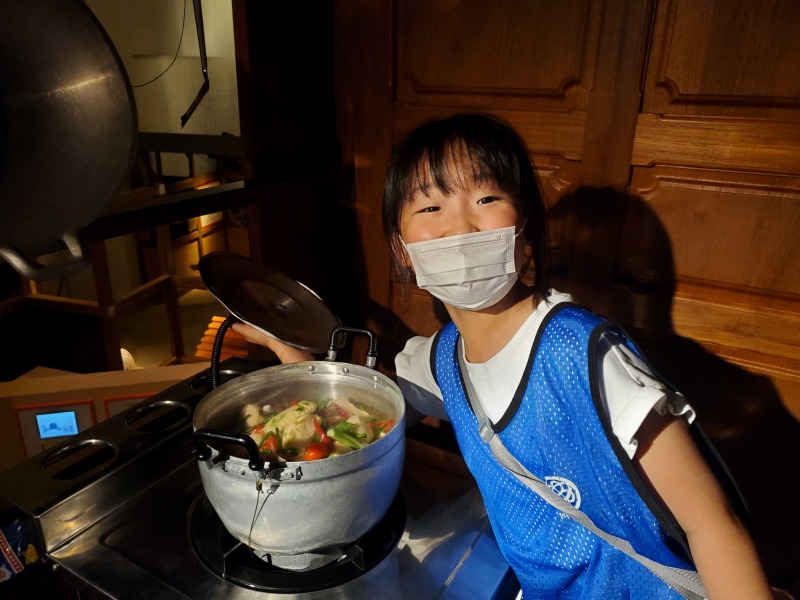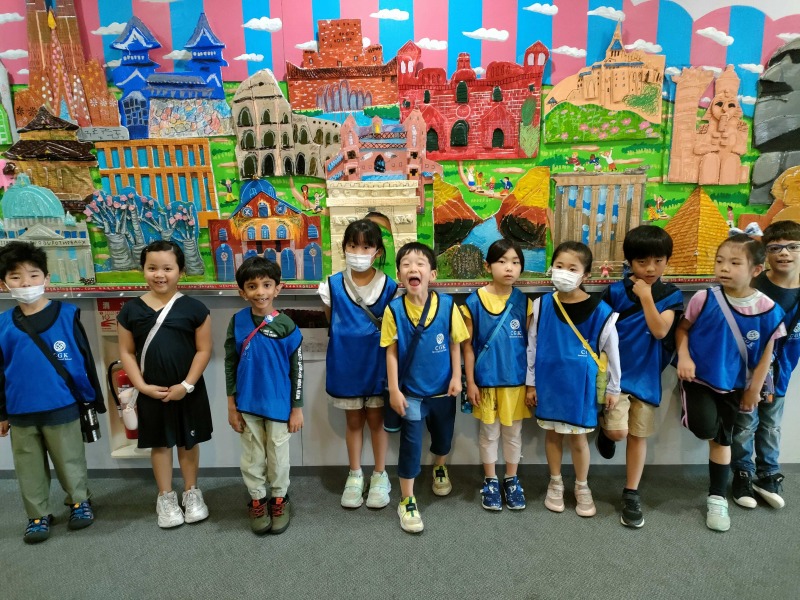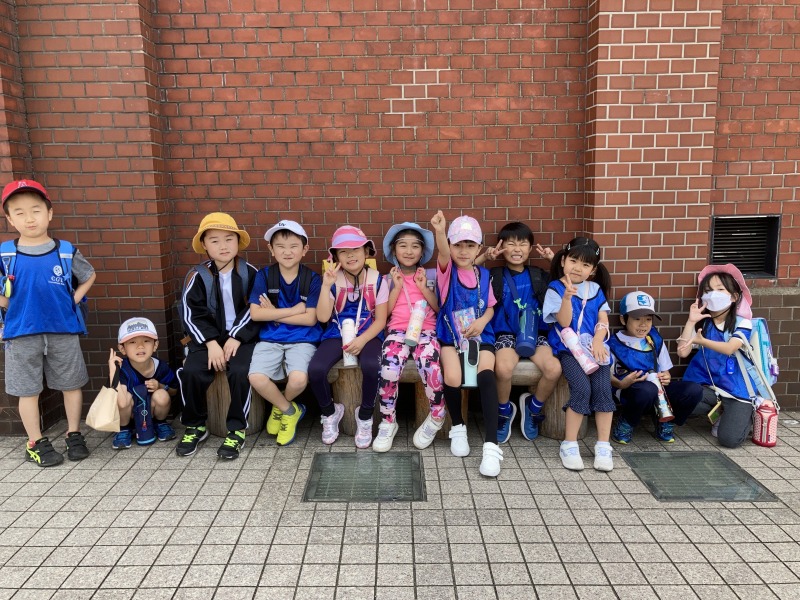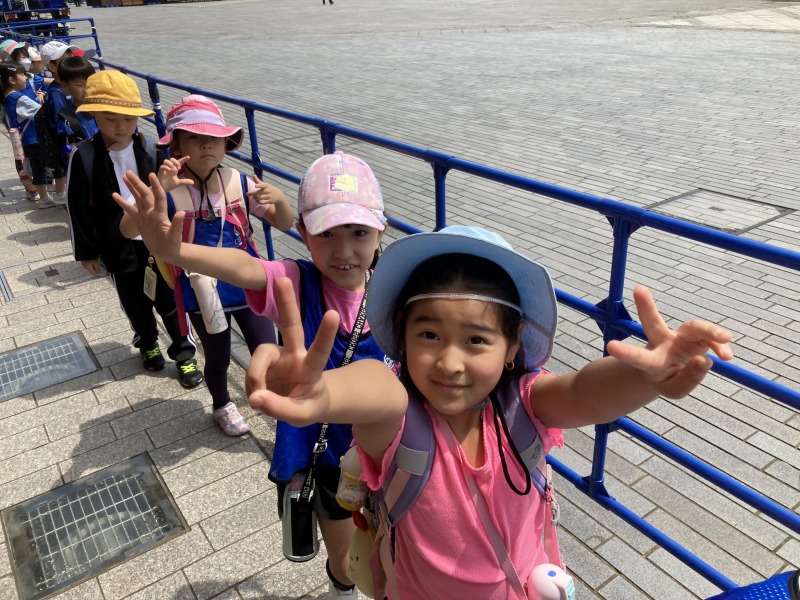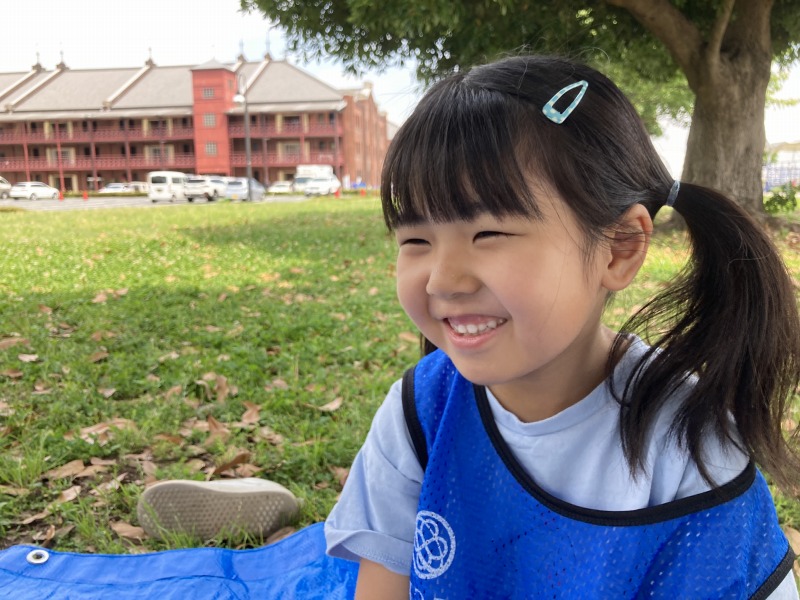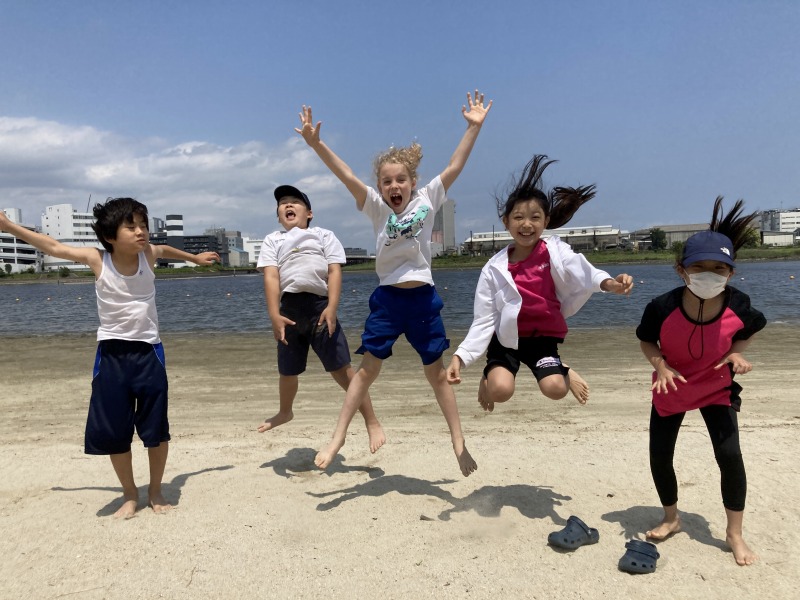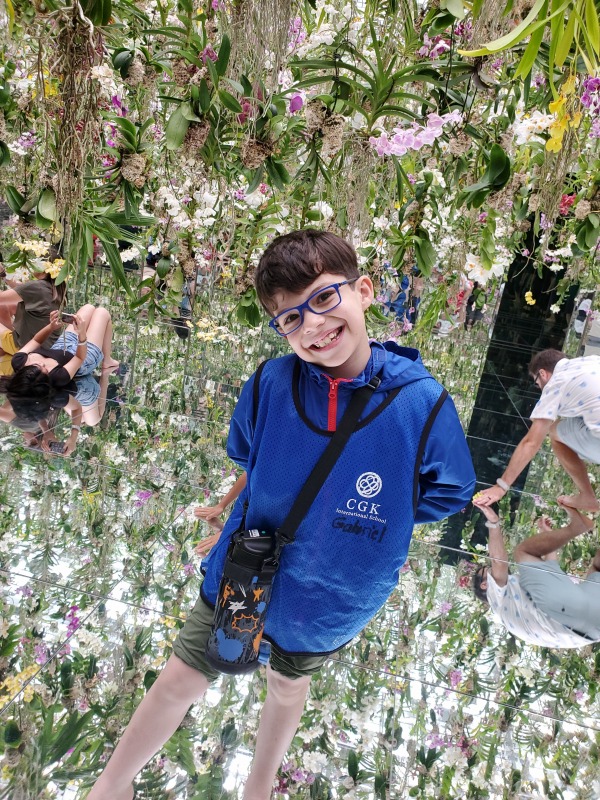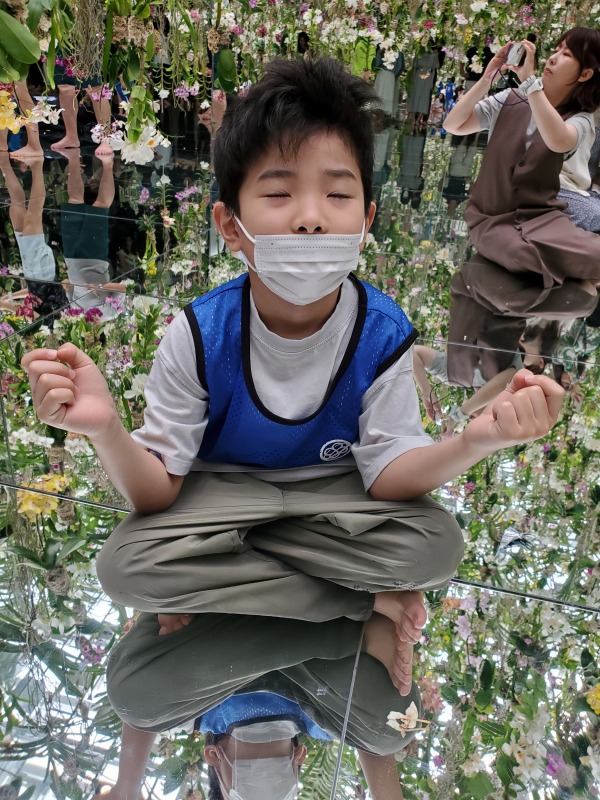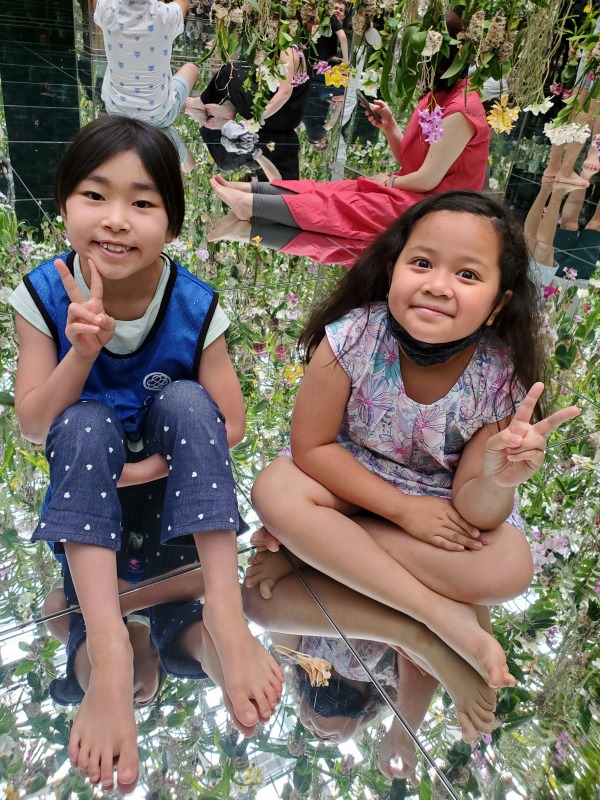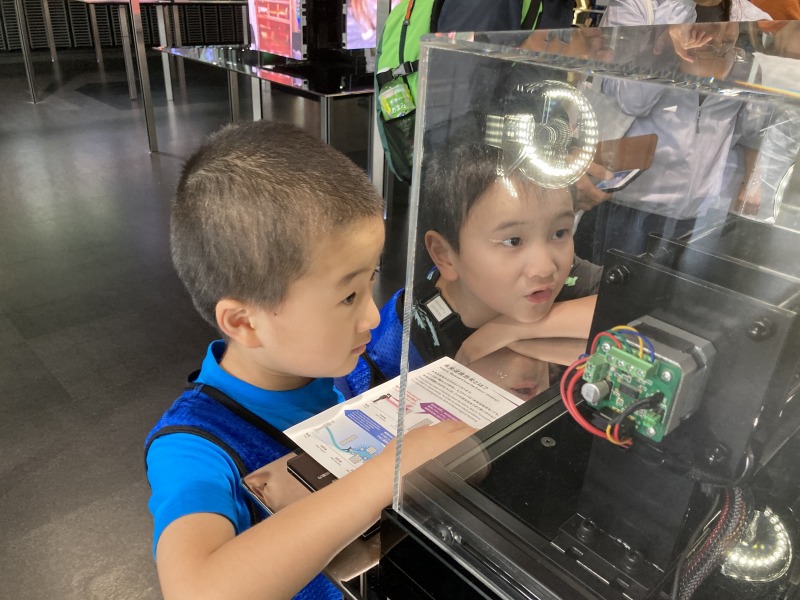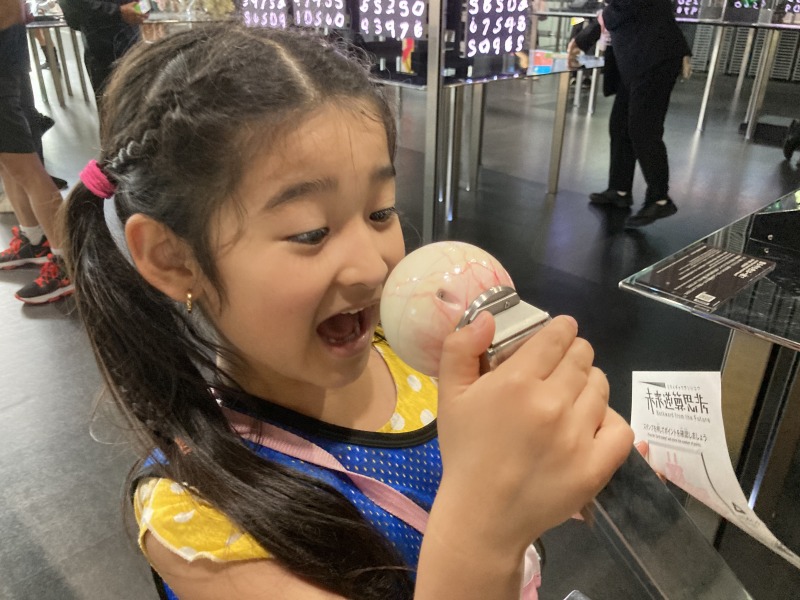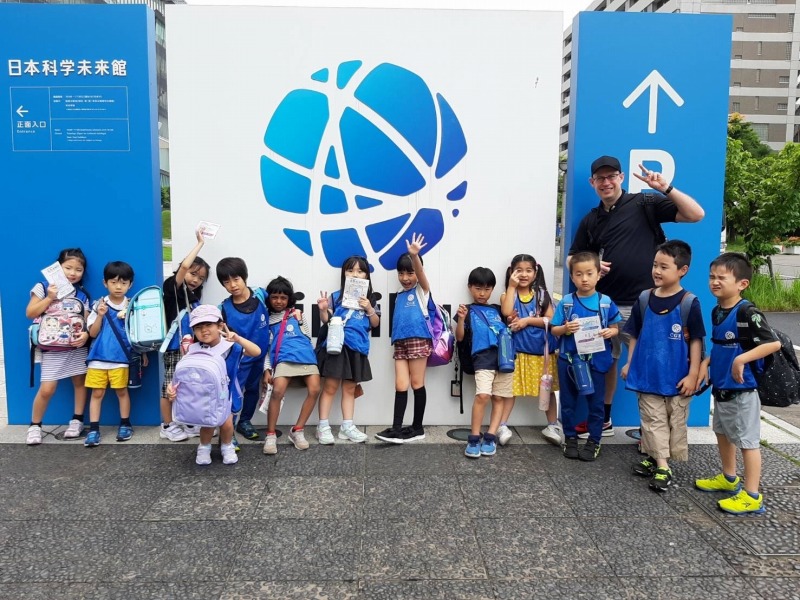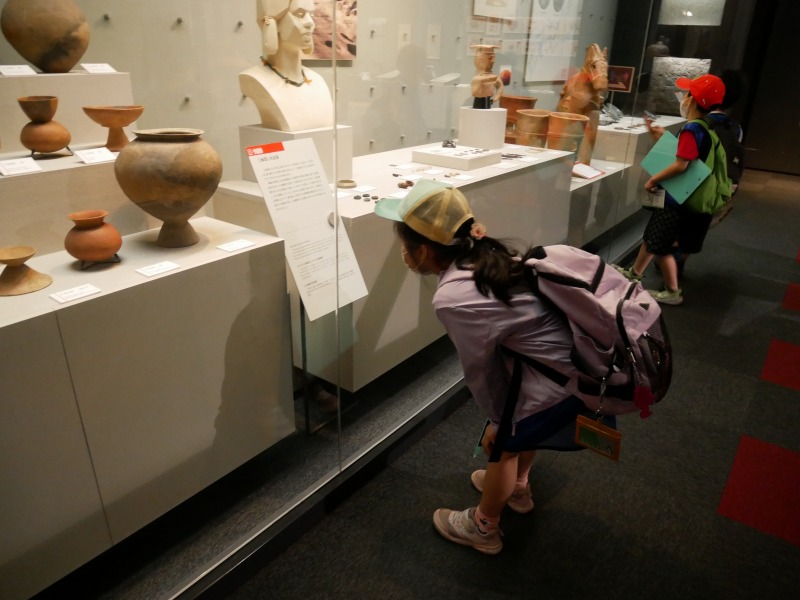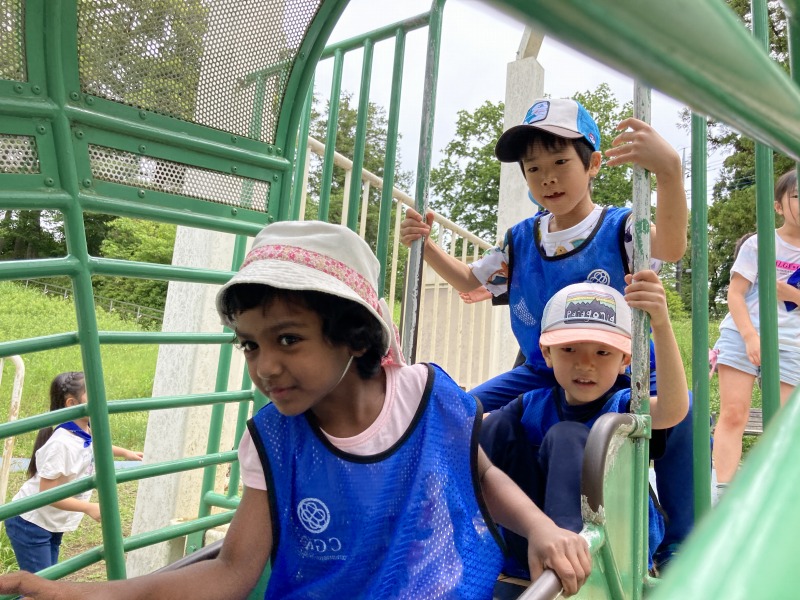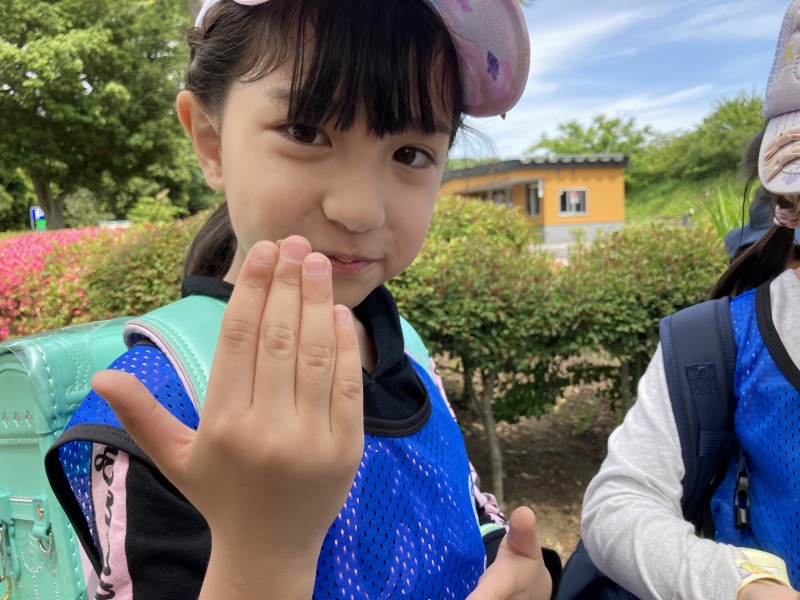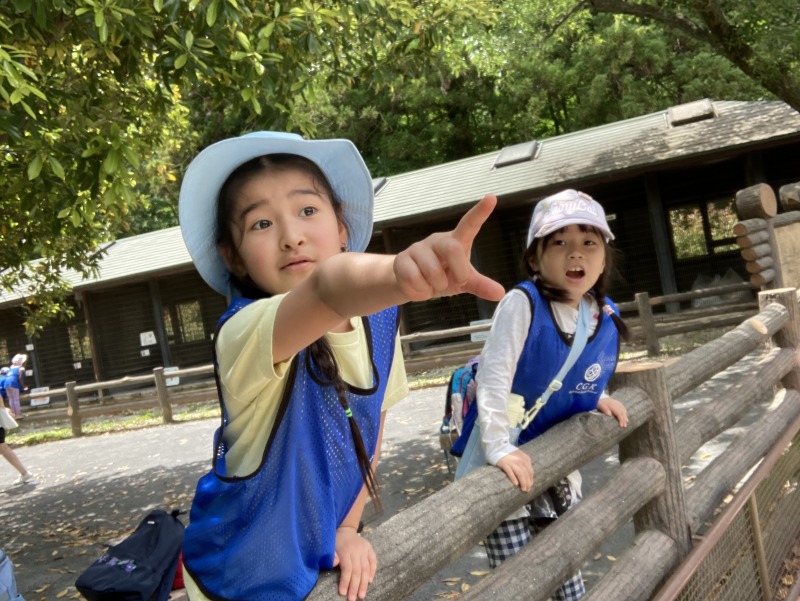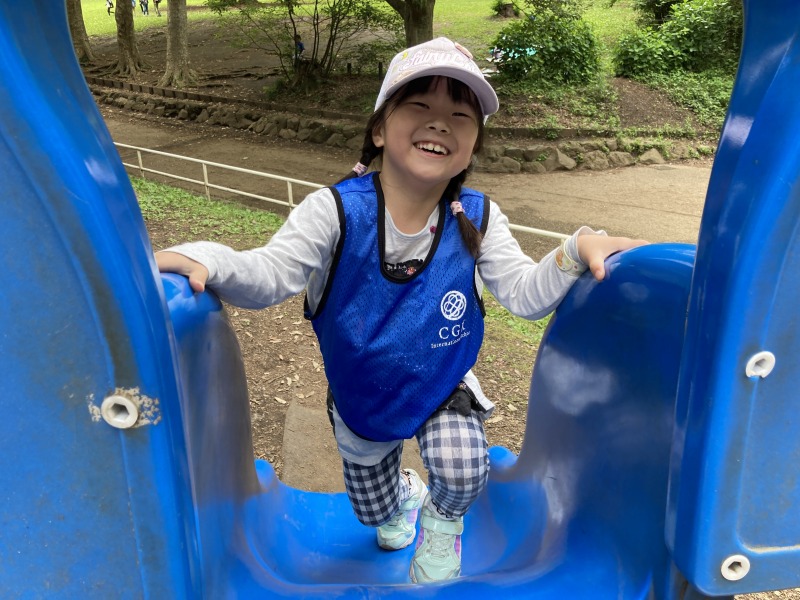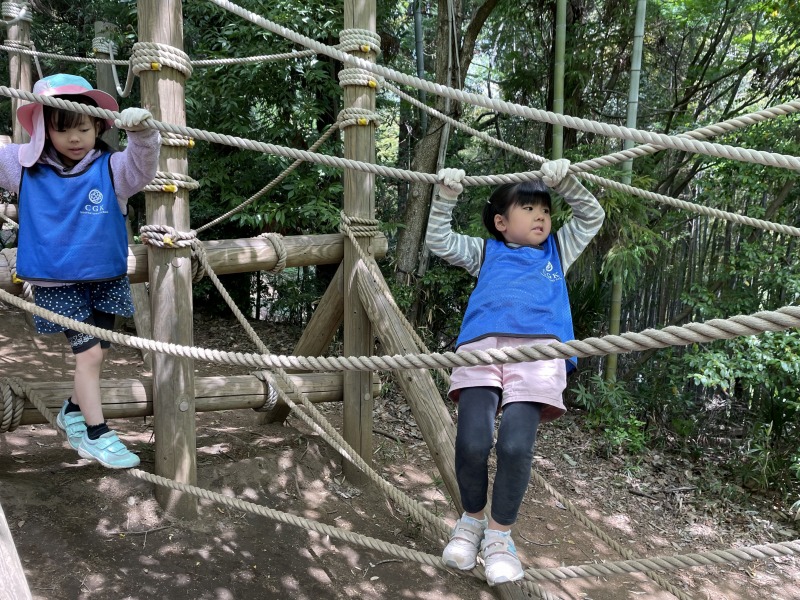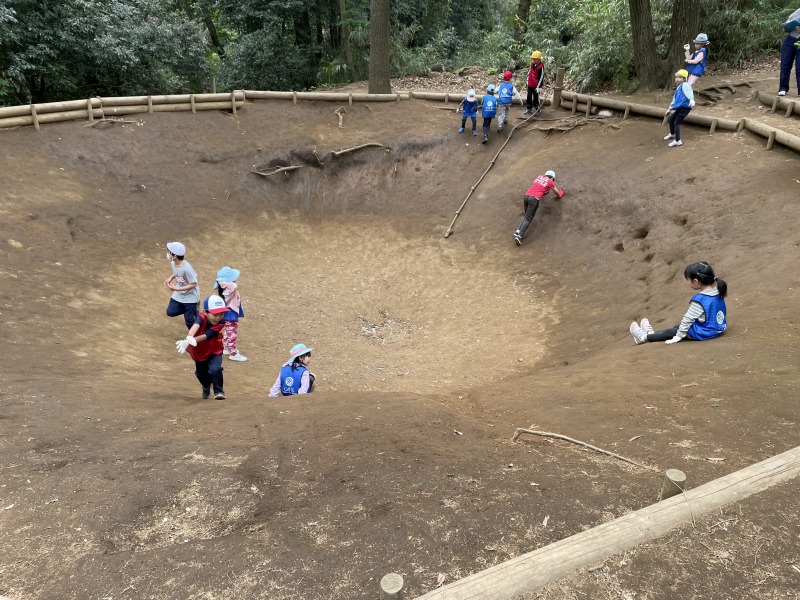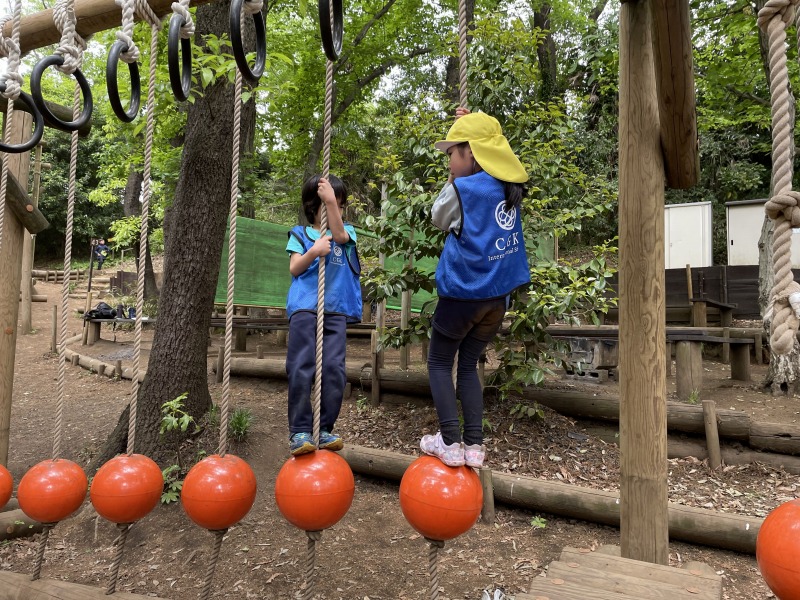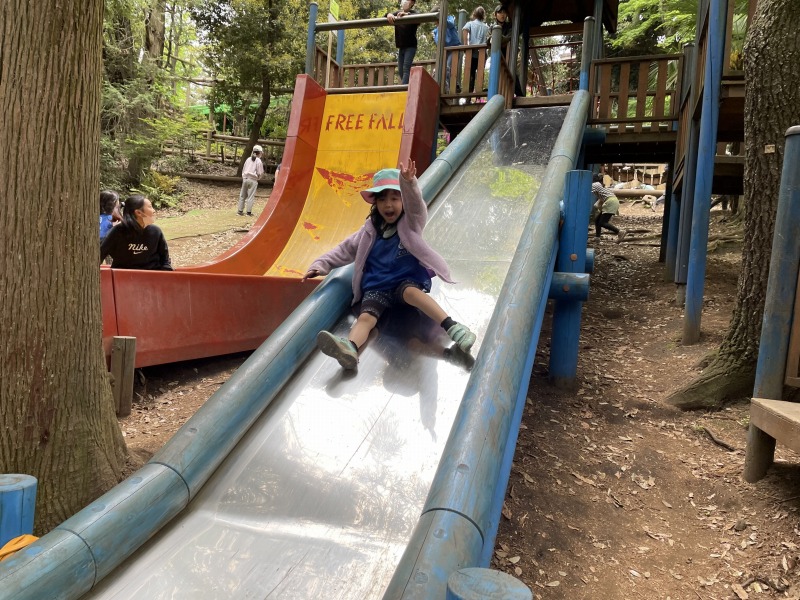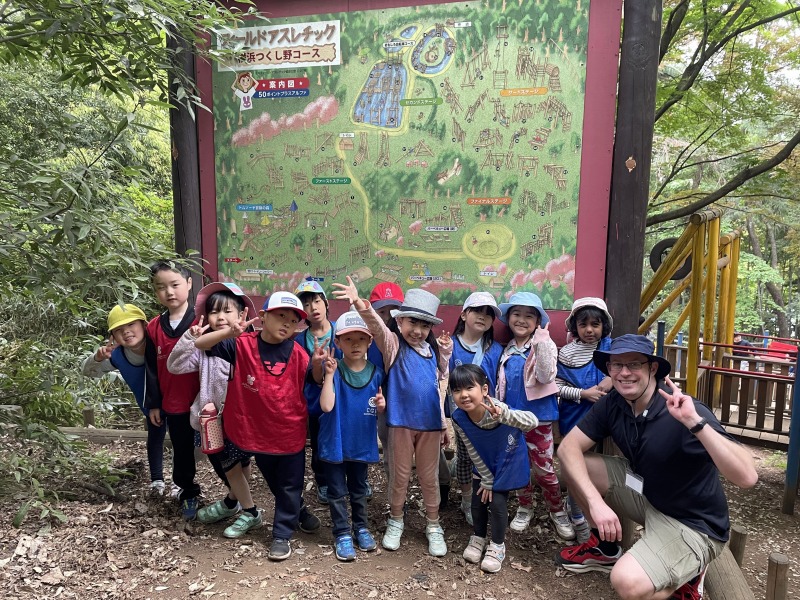Curriculum
Introduction to a balanced, transdisciplinary approach to teaching and learning
At CGK, we have always been committed to developing critical thinking skills, strong self-expression, and a spirit of inquiry in children. In the elementary school curriculum, we are building on our mission with hands-on, project-based learning and by implementing the transdisciplinary approach of the International Baccalaureate (IB) as an IB PYP World School.
IB PYP Curriculum
-
Transdisciplinary learning in 6 key subject areas
Language Arts
Math
Science
Social Studies
The Arts
Personal, Social, and Physical Education (PSPE)
-
The Learner Profile Attributes - Character development that ensures our students are:
Inquirers
Knowledgeable
Thinkers
Communicators
Principled
Open-minded
Caring
Risk-takers
Balanced
Reflective
-
Deep conceptual understanding of 7 Key Concepts
Connection
Responsibility
Perspective
Form
Causation
Change
Function
-
Approaches to learning in 5 key areas
Social skills
Research skills
Thinking skills
Communication skills
Self-management skills
-
Learning is organized through Units of Inquiry in 6 transdisciplinary themes
Who we are
How we organize ourselves
How we express ourselves
How the world works
Sharing the planet
Where we are in time and place
- Transdisciplinary learning in 6 key subject areas
-
There are 6 subject areas in the PYP
- Language Arts
- Math
- Science
- Social Studies
- The Arts
- Personal, Social, and Physical Education (PSPE)
Specific standards for each subject are provided by the "Scope and Sequence" from the IB, but also from grade-aligned standards that meet or exceed the expectations of Japan, the US, the UK, New Zealand, and other countries.
Most learning occurs in transdisciplinary Units of Inquiry (UOIs). A spirit of inquiry is one of the founding principles at CGK and is well supported by the PYP curriculum. UOIs cover in-depth learning around universal concepts through structured, guided, or independent inquiries. Subject content supports these inquiries.
In transdisciplinary learning, multiple subject areas are covered during most lessons. A UOI lesson may include content from language arts, math, and science. Every UOI lesson will include at least two subject areas.
Subject content may be taught in isolation as well, especially in regards to math and language arts. Whenever possible, math and language arts will be taught through the UOIs, but there are times when focused lessons on specific skills are more appropriate.
This type of learning is more appropriate for how young learners actually interact with the world. As the students' progress through the IB programs, the learning structure will shift to interdisciplinary learning in the MYP (separate subjects but connected at times) to multidisciplinary learning in the DP/CP (separate subjects).
- Language Arts
- Focus on communicating using language
- Oral
- Visual
- Written
- Primary language of instruction - English
- Secondary language of instruction- Japanese
- Language development is integrated throughout the curriculum
- Rather than relying on textbooks and workbooks, we use a literature-based approach
- While teacher-directed reading materials are sometimes used, we focus on student-selected reading materials
- Focus on communicating using language
- Math
- Focus on conceptual understanding and applications
- Moving from concrete to abstract understanding
- Problem solving
- Connections to the UOI
- We connect mathematical concepts and applications to learning
- Students are encouraged to speculate and pursue hunches
- Focus on conceptual understanding and applications
- Science
- Science as exploration
- Biological, chemical, and physical aspects of the natural world
- Multiple scientific processes and perspectives
- Inquiry as central to understanding
- Driven by concepts and skills, not content
- The teacher as facilitator challenging students with open-ended questions, rather than being the sole authority on information
- Social Studies
- Exploration of human society
- History, geography, sociology, culture, etc.
- Local and global contexts
- Inquiry as central to understanding
- Driven by concepts and skills, not content
- Multiple sources and perspectives
- The Arts
- Arts as a medium of inquiry
- Powerful mode of communication
- Engage with historical, social, and cultural perspectives
- Promote empathy and respect
- Explore uses of new media
- Personal, Social, and Physical Education (PSPE)
- Personal, social, and physical education
- Concerned with individual’s well-being
- Concepts, knowledge, attitudes, and skills
- Physical, emotional, cognitive, spiritual, and social health and development
- Understanding of self; maintaining relationships; leading an active, healthy lifestyle
- The Learner Profile Attributes - Character development that ensures our students are:
-
- Inquirers
- Knowledgeable
- Thinkers
- Communicators
- Principled
- Open-minded
- Caring
- Risk-takers
- Balanced
- Reflective
CGK has always been invested in teaching the whole child, not just focusing on academic skills. The IB has developed a Learner Profile that is central to all of the IB programs. As an IB World School we have incorporated teaching the attributes of the Learner Profile throughout our curriculum.
The Learner Profile attributes are taught with intention and planning. When teachers plan, they identify a few attributes that would be authentically developed through the learning engagements in the UOIs. Some lessons and experiences are designed specifically for developing aspects of the Learner Profile. But all activities that occur in school can aid in the development of at least one attribute.
Teachers are mindful of the Learner Profile attributes and point out times when students are exhibiting those traits, as well as challenging them to show these traits more when needed. For instance, one of the biggest challenges for many learners in Asia is to be comfortable with making mistakes, even though mistakes are part of learning. So, when we see a student trying, especially in an area that is uncomfortable for them, such as making a mistake, we will praise them for being risk-takers even if they say or do the wrong thing. This helps give them courage to try again, as well as turning what could be perceived as a negative experience into a positive one.
Another Learner Profile attribute that is often overlooked in schools is being balanced. We want out students to work hard and learn a lot, but in order for them to be at their best, they also need to be rested and to let their brains take a break. Getting enough sleep, adequate nutrition, and even free play time are extremely important for brain development. One unique way we address this is our Balanced Week during the summer holidays. This week is dedicated to play, gross motor development, and social skills. We do two days of fun activities like bouldering, and then we have a 3-day/2-night camping trip. Having balanced experiences and realizing the importance of taking care of your body as well as your mind is part of teaching them lifelong skills that will improve their health and quality of life.
Students develop a large amount of their personality and traits from their school, no matter what the curriculum is. Character development is often the hidden curriculum in schools, and as such cannot offer the type of considered education that the Learner Profile provides. The Learner Profile ensures we are offering a well-rounded education for our students so that they can be lifelong learners and active participants in our society.
Teaching Approach
Lessons are hands-on, conceptually based, and combine learning across subjects. Single-subject lessons are also taught as appropriate, particularly in math, English, and Japanese.
As a Non-article 1 school, we are able to choose the best educational standards and practices from around the world. We continually assess and improve our learning and teaching, committing to professional development for all of our staff and administrators.
As an example, we are developing our mathematics learning standards based on meeting or exceeding the Japanese national standards. The Singapore Maths curriculum consistently results in the highest scores in international assessments such as PISA. The combination of concrete and abstract learning with problem-solving and analytical skills, helps students to develop not only math skills that will be useful in their future professional lives as well. We have the flexibility both to follow Singapore Maths, and to teach skills like how to use the abacus etc. even earlier than most schools in Japan.
Every teacher is aware of the learning progress of the students, and uses methods and techniques to provide suitable differentiation. This means that students learn to the best of their individual abilities, rather than having to catch up to others or slow down. By teaching children at the pace and level of understanding appropriate for them, we can ensure children are learning from and engaging with all school activities. This also allows children who excel to move forward with curriculum of their grade level, while support is provided for students who need it.
Field Trips
At CGK, we emphasize the development of a spirit of inquiry, and have consistently valued special hands-on experiences for young children, starting in preschool. There are naturally some things that cannot be understood well from inside a classroom, so in order to engage in deep inquiry and deepen their understanding, we actively incorporate field trips into the curriculum.
Therefore, here at the elementary school, each class takes advantage of various transportation options, such as school bus or trains, to go on field trips every month.
Students who have acquired research skills through the International Baccalaureate (IB), demonstrate those skills by taking responsibility for each unit project, so the teacher does not necessarily have to take part in the planning process for these field trips. Sometimes the teacher takes the lead in planning, sometimes the students take the lead, but in either case, we emphasize the connection to daily learning in order to maximize the effectiveness of the learning experience.
Examples of Field Trips at CGK
- Mitsuzawa Park Picnic - Grade 3/4 (School Bus)
-
July 2023 - Like most field trips, this field trip allowed the students to practice aspects of the Learner Profile, specifically in being communicators, risk-takers, and principled. Additionally, the students have been working hard on self-management ATLs such as interpersonal skills and emotional skills. The Grade 3/4 students worked together during the set up for our School Festival and practiced these skills in the context of group work. This field trip gave them the chance to apply these skills to a different environment and context, namely negotiating what kind of play they were going to do, where and when they were going to eat, and who was going to lead. It turned out to be a successful and fun final field trip of Term One!




- Hamagin Space Science Center - Grade 2 (School Bus)
-
July 2023 - Grade 2 had a great time at the Hamagin Space Center. It was extremely hot so they were happy to be indoors for their final field trip of Term One. Students learned about astronomy and explored the Yokohama sky. After that, they played games and did activities related to gravity, time, friction, relativity, patterns, and sound.
Students were able to practice their ATL and Learner Profile skills by cooperating, making good choices, and transferring knowledge and concepts.



- Hamagin Space Science Center - Grade 1 (School Bus)
-
July 2023 - This was a great field trip, the Space Science Center is close to CGK and indoors which was great to get away from the summer heat.
We went to Hamagin as part of the "Passion Project". Some of the students wanted to do computer programming and Mr. Martin knew that Hamagin held special programming classes.
The programming class was fantastic. Students had to program a small vehicle to make its way through a puzzle. It was a really good activity that all the students could participate in. It linked Information and Communication Technology to ATLs (Approaches to Learning) in a really engaging way.





- Kanagawa Plaza for Global Citizenship (Earth Plaza) - Grade 2 (School Bus)
-
June 2023 - Grade 2 visited the Kanagawa Plaza for Global Citizenship (Earth Plaza). This was quite an informative trip as students were able to learn a lot about different countries. They saw traditional games, clothes, fruit and food, instruments, and modes of transportation. Students were able to experience the different ways that people around the world live their lives. This trip fit perfectly with their UOI for "How we express ourselves" that focuses on how cultural beliefs and ideas are shared around the world. Students were also able to practice some ATLs by working in pairs to complete a mind map about the themes and ideas that they were encountering.



- Yokohama Customs Museum - Grade 1 (School Bus)
-
June 2023 - This trip was designed specifically to link to the UOI for "How we organize ourselves". This unit in grade 1 is about trade. The students had previously learned about customs and how they prevent certain items being brought into a country. This quick visit to a local museum allowed the grade 1 students to see some interesting displays about illegal items. They also had a look at some of the tools that customs officers use to find illegal items that might be hidden in containers and suitcases.
Before going to the museum, Grade 1 had a quick snack and play at Yokohama Park, working on gross-motor and social skills, as well as being Balanced and Principled.




- Ōmori Furusato-no-Hamabe Park - Grade 3/4 (Train)
-
June 2023 - This field trip was an opportunity to practice and focus on an ATLs "Self-management skill", the Learner Profile; "Principled", and PSPE learning outcomes. Students were given a collective goal in order to show that they demonstrated self-management skills and social-emotional awareness enough to partake in a fun physical field trip that required a certain amount of trust.
The class was given a set number of marbles. When students broke the rules that they agreed to in their class contract, they lost a marble. The class as a whole needed to have at least one marble left in order to go on the field trip. Fortunately, they did, and they were able to go!
They went to a beach park and ended up practicing additional attributes of the Learner Profile, including being risk-takers and communicators. Students had to create their own games and fun as there was not a lot of climbing equipment or built-in activities. The students ended up enjoying the field trip so much that they asked to return to the same park again in the future!


- TeamLab Planets TOKYO - Grade 2 (School Bus)
-
June 2023 - This field trip connected to "How we express ourselves" and our Arts learning outcomes. The students had a remarkable day and were fully immersed in art. They enjoyed the Water and Garden sections. They experienced the TeamLab Planets interpretation of a number of different natural elements, from black holes all the way to a garden that allowed you to “become one with flowers.” One student said, “If everything people make can be art, then we are art.” What a profound statement from a 7-year-old.
The Grade 2 students had an enlightening day exploring art with all their senses. In addition, they had ample opportunity to put to use the social skills they had been practicing in class and apply them to a new context. The students are becoming more skilled at regulating their emotions and managing conflict.



- Yokohama Red Brick Warehouse - Grade 1 (Walk)
-
June 2023 - This trip was designed specifically to link the UOI for "How we organize ourselves" with the central idea of “People trade for a variety of reasons”.
One of the questions that came up in class was “Should people or countries be forced to trade? The class had a discussion about that, with most of the group falling on both “Yes and No” answers. The students said it depended on whether the trade was with kind people or countries, and whether they could trust who they were trading with.
After that, the class learned about Commander Perry and the Black Ships coming to Japan. They thought about whether Japan should have been forced to trade with America, and whether it was right that America forced them to do so under the threat of war.
After this, the class took a walk down to the Yokohama red brick warehouse, a place that was built not long after the agreement to trade between Japan and America was reached.
- Miraikan - The National Museum of Emerging Science and Innovation - Grade 1 (School Bus)
-
June 2023 - This field trip is linked to a future UOI; "Sharing the planet" and our responsibilities to protect limited resources. The students had a lot of fun interacting with the different science displays and learning about the world we live in. They had a great time playing with robots, writing messages to the future, seeing real-life rockets, and learning how the internet worked. Exposing students to some of the concepts that they will inquire into in the future is a great way to activate interest and prepare the students for in-depth learning.



- Tokyo Metropolitan Art Museum - Henri Matisse: The Path to Color - Grade 3/4 (Train)
-
May 2023 - This field trip was connected to our Visual Arts standards, the students were able to enjoy experiencing artwork, describing what they noticed about an artwork, and describing similarities and differences between artworks. Students used this experience to start exploring Matisse’s work in depth, comparing techniques, color palettes, and composition. Students then created their own Matisse art which became central to their School Festival activity and part of fundraising for a charity benefiting those affected by the war in Ukraine.


- Kanagawa Prefectural Museum of Cultural History - Grade 2 (Walk)
-
May 2023 - For the Grade 2 class unit on the theme "How we express ourselves", the students explored the central idea of “Cultural beliefs and values are shared and expressed throughout the world.” This field trip helped the students to see the central idea in action. They were able to learn about different cultures around the world.
They also practiced some ATLs by setting learning goals prior to the visit and reflecting on what they had learned.



- Children’s Nature Park (Oike Park) - Grade 1 (School Bus)
-
May 2023 - The Grade 1 classroom was still exploring the "Who we are" theme with the central idea of “Our body is a collection of different systems that depend on each other.” This field trip again allowed the children to make connections between their actions and how their body feels. When Grade 1 went on this field trip, they had more time to learn about and understand connections between their actions and their bodies, such as learning about neurons and reaction times.




- Field Athletics Yokohama Tsukushino Course - Grade 1 (School Bus)
-
April 2023 - The Grade 1 classroom was exploring the "Who we are" theme with the central idea of “Our body is a collection of different systems that depend on each other.” This field trip allowed the children to make connections between exercise and health, movement and heartbeat, and thoughts and action.
Physical field trips are also a chance to practice attributes of the Learner Profile, especially being a risk-taker, balanced, a communicator, and principled.








